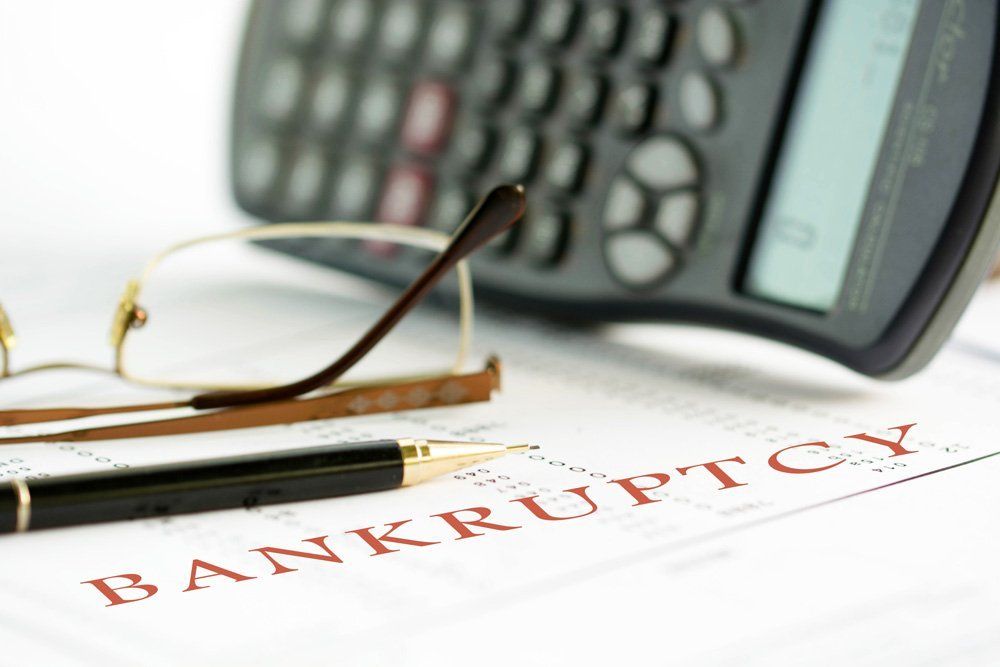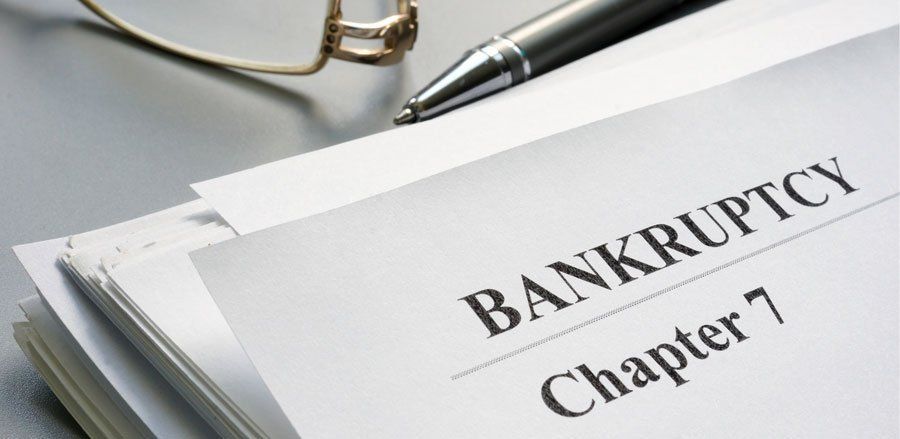Bankruptcy Can Help Reorganize or Liquidate Your Small Business

Making a small business profitable is very difficult. Many small businesses come to a point where their debts seem overwhelming. The proprietors have typically tied a lot of their own finances into their small business.
If you run a small business with significant financial struggles, you may be contemplating bankruptcy. As a small business owner, you have three avenues available to you.
Chapter 7 Bankruptcy
Chapter 7 bankruptcy is the liquidation option. It's best for sole proprietors, especially in service oriented fields with little equipment to sell as assets. With Chapter 7 bankruptcy, the courts view your debt and your business's debts the same. If you pass the means test, or if your business debt is greater than your personal, you may be able to get your debt discharged.
Once you file for Chapter 7, a court-appointed trustee takes over all your non-exempt assets and sells them. At that time, your debt is discharged and you no longer have any obligation to pay creditors.
Pros and Cons
The main drawback of Chapter 7 bankruptcy is it only discharges an individual's debts. So, if you're in partnership for your business, the business debts won't be discharged. The other drawback is you have to shut your business down.
That said, people usually consider Chapter 7 bankruptcy when they're on the verge of closing their business anyway. A benefit of Chapter 7 is it affords you the opportunity to wipe the slate clean and start over. You can use bankruptcy exemptions to preserve your home and tools of the trade, so you could conceivably open another business down the road.
Chapter 11 Bankruptcy
Chapter 11 bankruptcy is one of two options to reorganize your business. It works well for partnerships and any business that's generating regular revenue. Businesses file for Chapter 11 when they have too much debt but they have viability if they can restructure it. It's also for proprietors whose income is too high to qualify for Chapter 13.
With Chapter 11 bankruptcy, you still have a court-appointed trustee. However, you file your own detailed plan of how to deal with your creditors, which can include the termination of leases and contracts. The goal is to restructure your business debts so it returns to profitability.
Pros and Cons
The drawback to Chapter 11 bankruptcy is it relies partially on your creditors to approve the reorganization plan. The court must also approve. Because of the complexity, you may have to wait over a year for approval.
The advantage of Chapter 13 is it puts you back on the path to profitability. Your business doesn't shut down, and you're able to reorganize your finances so they're manageable. Under Chapter 11, you maintain the management of your own business during the process.
Chapter 13 Bankruptcy
Chapter 13 bankruptcy is only available to individuals, not businesses. Therefore, it's only applicable to businesses that have sole proprietors. Chapter 13 works similarly to Chapter 11. Besides only being available to individuals, the main difference is the debt limits. You can't exceed predetermined amounts for both secured and unsecured debt.
With Chapter 13 bankruptcy, your personal and business debts come under the purview of the trustee. You still have exemptions, but assets outside of the exemptions may be sold to pay back creditors. You have a similar reorganization plan and three to five years for paying back the money.
Pros and Cons
The main drawback to Chapter 13 is its limited availability to small businesses. Chapter 13 only discharges personal debt, not business debt. The length of time of the repayment plan can disqualify you if your business doesn't bring in enough revenue for you to be able to meet the repayment fees.
Chapter 13 works best for businesses with limited debt. You get to keep running your business, which means you can protect all your business assets. As part of your repayment plan, you may be able to cram down some loans so that you're only paying what the property is currently worth.
If you think one of the above plans is what's best for your small business, call The Law Office of Joe R. "Jay" Johnson II for guidance.









